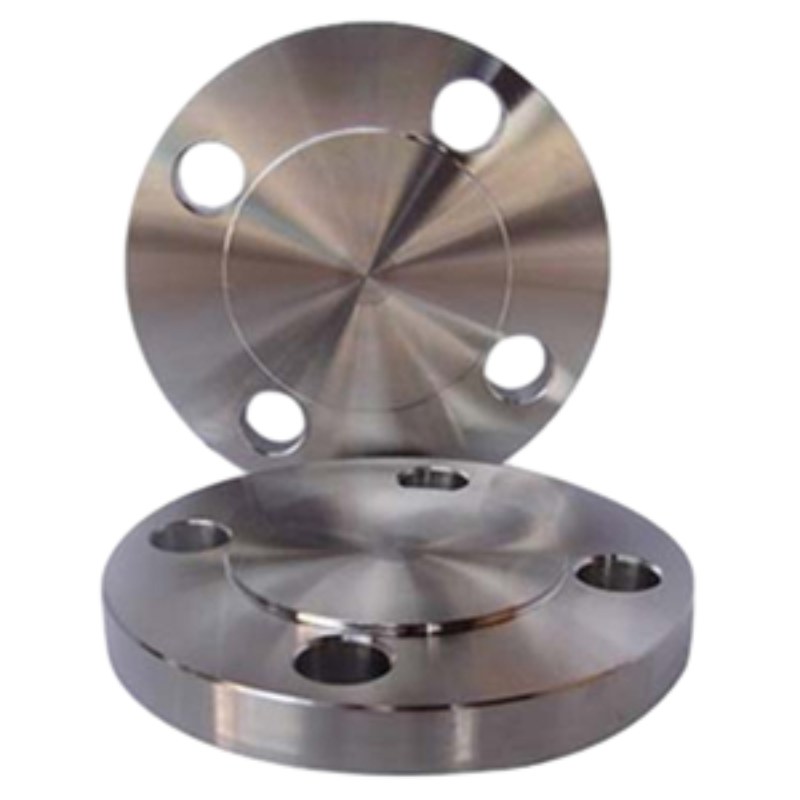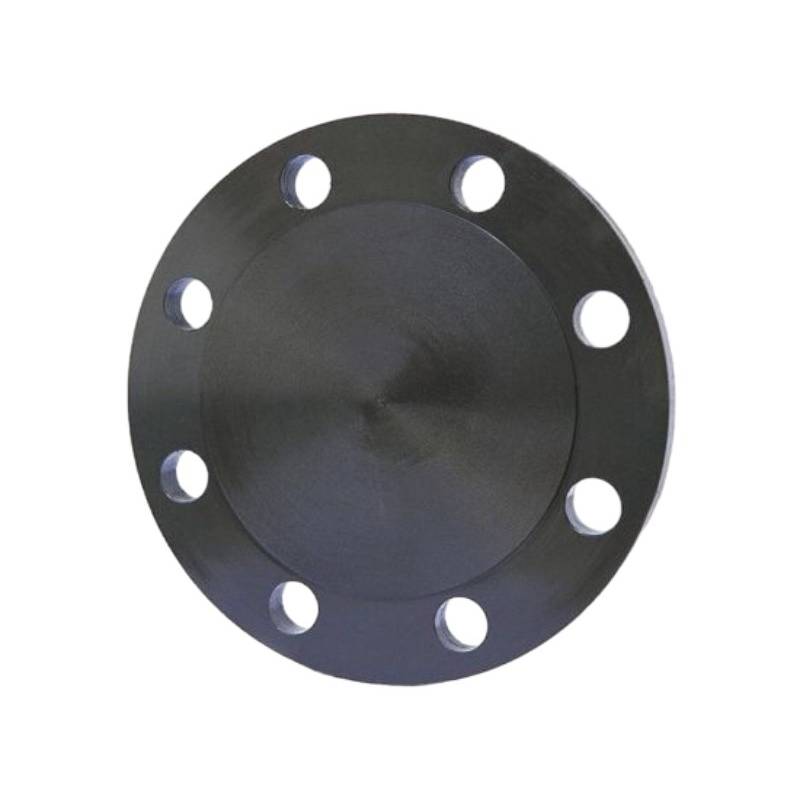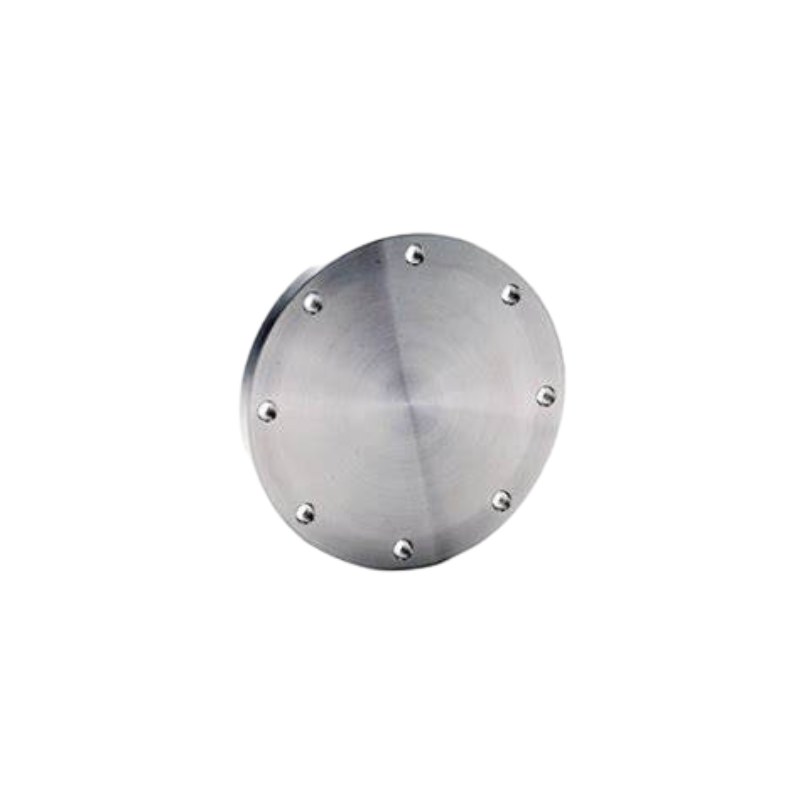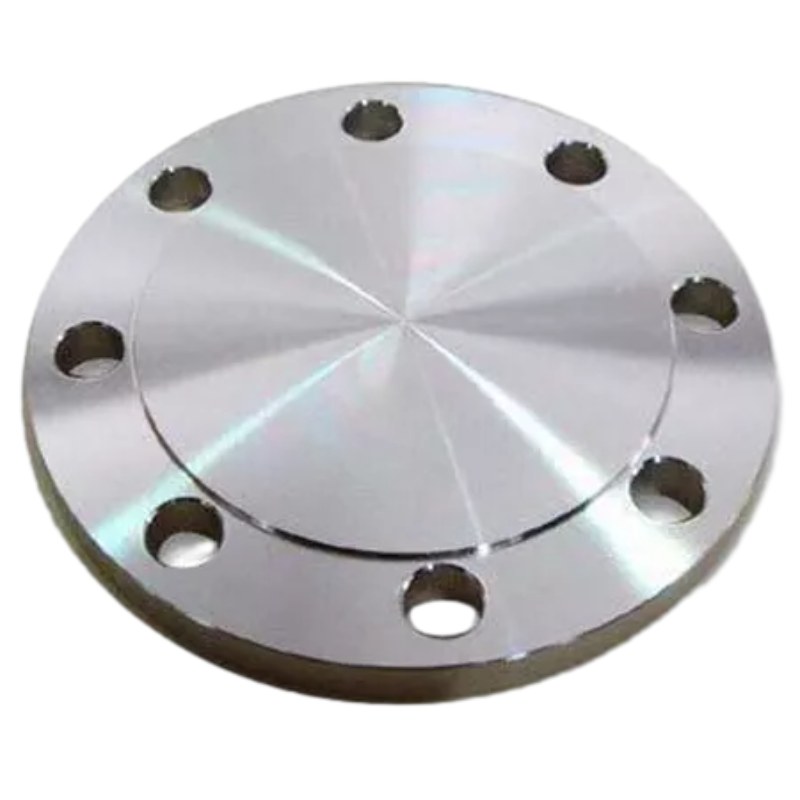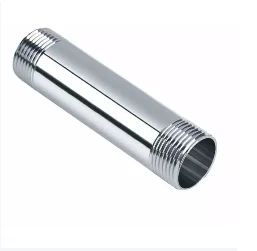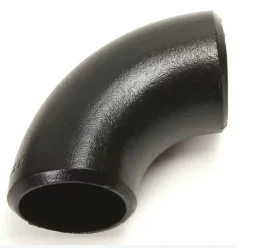-
Rafitra matanjaka: Ny GOST 12836-67 Blind Flange dia manana takelaka fisaka boribory misy lavaka bolt mifanelanelana manodidina ny vakim-paritra. Ity famolavolana ity dia mamela ny fampifanarahana mora sy ny bolting amin'ny flange, manome vahaolana fanakatonana matanjaka sy maharitra ho an'ny rafitra fantsona.
-
Famehezana azo antoka: Rehefa napetraka eo amin'ny faran'ny sodina, ny endrika fisaka amin'ny GOST 12836-67 Blind Flange dia mamorona tombo-kase mafy, manakana ny fivoahan'ny rano ary mitazona ny fahamendrehan'ny rafitra fantsona. Ity fahaiza-manao famehezana azo antoka ity dia miantoka ny fampandehanana sy ny fiarovana tsara indrindra, na dia ao anatin'ny fepetra fiasana faran'izay mafy aza.
-
Fampiharana maro samihafa: Avy amin'ny fanadiovan-tsolika sy entona mankany amin'ny orinasa fanodinana simika sy tambajotra fizarana rano, GOST 12836-67 Blind Flanges dia mahita fampiharana maro samihafa manerana ny indostria isan-karazany. Na ampiasaina amin'ny tanjona mitoka-monina, fitsapana fanerena, na fanakatonana vonjimaika, ireo flanges ireo dia manome fahatokisana sy faharetana amin'ny rafitra fantsona mitsikera.
-
Fanorenana maharitra: Namboarina avy amin'ny fitaovana avo lenta toy ny vy karbaona, vy tsy misy pentina, na vy firaka, GOST 12836-67 Blind Flanges dia mampiseho tanjaka sy faharetana miavaka. Izy ireo dia novolavolaina mba hahatanty ny fepetra fiasana henjana, ao anatin'izany ny tontolo manimba, ny mari-pana ambony ary ny fanerena mafy, izay miantoka ny fampandehanana maharitra sy azo itokisana.
-
Precision Engineering: GOST 12836-67 Blind Flanges dia mandalo machining sy fizotry ny injeniera mba hahafeno ny fandeferana amin'ny refy henjana sy ny fepetra takiana amin'ny farany. Ity fahitsiana ity dia miantoka ny fifanarahana sy ny fifanakalozam-bola amin'ny flanges mahazatra hafa, manamora ny fampidirana tsy misy tomika amin'ny rafitra fantsona ary manamaivana ny loza mety hitranga na tsy fahombiazana.
-
Mora ny fametrahana: Ny fametrahana GOST 12836-67 Blind Flanges dia mahomby sy mahitsy, mitaky fampifanarahana tsotra sy bolting amin'ny faran'ny fantsona. Ny refy sy ny endrika manara-penitra dia manamora ny fampidirana mora amin'ny tambajotra fantsona efa misy, manamaivana ny fotoana fametrahana sy ny sandan'ny asa.
Lafin-javatra fototra:
- Famolavolana matanjaka ho an'ny fanakatonana azo antoka
- Famehezana azo antoka amin'ny endrika fisaka
- Fampiharana isan-karazany amin'ny indostria
- Fanorenana maharitra ho an'ny fampisehoana maharitra
- Engineering precision ho an'ny fandeferana mafy
- Mora ny fametrahana miaraka amin'ny alignment tsotra sy ny bolting
Material Selection for GOST 12836-67 Blind Flanges: What You Need to Know
When it comes to GOST 12836-67 blind flanges, selecting the appropriate material is crucial for ensuring functionality, safety, and longevity in various applications. GOST standards, established by the Euro-Asian Council for Standardization, Metrology and Certification, guide the specification of materials to maintain the integrity of piping systems.
Key Considerations for Material Selection:
1. Corrosion Resistance: One of the primary factors in choosing a material for GOST blind flanges is its ability to resist corrosion. Stainless steel (such as 304, and 316) is a popular choice due to its excellent resistance to oxidizing environments. For applications involving aggressive chemicals, alloys like Inconel or Monel are often considered.
2. Pressure and Temperature Rating: GOST blind flanges need to be rated for the specific pressure and temperature conditions they will face. Material selection must align with the service conditions to avoid failure. For high-pressure applications, carbon steel flanges can be suitable, provided they are properly treated or coated.
3. Weldability and Machinability: Depending on installation requirements, the selected material should offer appropriate weldability and machinability. If modifications or on-site fabrication are necessary, choosing materials that can be easily welded is essential.
4. Standards Compliance: Ensure that the materials selected comply with all relevant GOST standards. This not only guarantees quality but also maintains compatibility within the piping system.
5. Cost-effectiveness: While material selection should prioritize performance and safety, cost considerations also play a significant role, especially in large-scale projects. Finding a balance between budget and quality is essential.
Differences Between GOST 12836-67 Blind Flange and Other Flange Standards
When comparing the GOST 12836-67 blind flange with other flange standards, several key differences emerge that reflect the unique characteristics and applications of the Russian standard. The GOST (Gosudarstvennyy Standart) system is a set of regulations and guidelines that govern various industrial products, including blind flanges, which are used to seal off piping systems.
One of the primary differences lies in the dimension and pressure rating classifications. GOST 12836-67 blind flanges are specifically designed according to Russian specifications, with dimensions that may differ significantly from those outlined in ANSI, ASME, or ISO standards. For instance, while ANSI/ASME flanges are typically categorized into nominal pipe sizes (NPS) and pressure classes, GOST flanges feature a unique set of sizes and pressure ratings, making it essential for engineers to select the appropriate type based on regional standards.
Another notable difference is the material composition. The GOST standard emphasizes the use of specific materials that are suited for the harsh Russian climate and industrial requirements. While common materials such as carbon steel and stainless steel are also used in other standards, GOST may specify additional material grades to accommodate unique environmental challenges, including extreme temperatures and corrosive conditions.
Additionally, the manufacturing and testing processes for GOST 12836-67 blind flanges are subject to local industry regulations, which might include stricter quality assurance protocols compared to other international standards. This ensures that the flanges not only meet dimensional specifications but also effectively withstand the pressures and temperatures expected in typical applications within Russia.
In summary, while GOST 12836-67 blind flanges share similarities with other flange standards, their unique dimensions, material requirements, and quality assurance processes set them apart. Understanding these differences is crucial for engineers and designers when selecting flanges for specific applications in diverse geographical locations.







